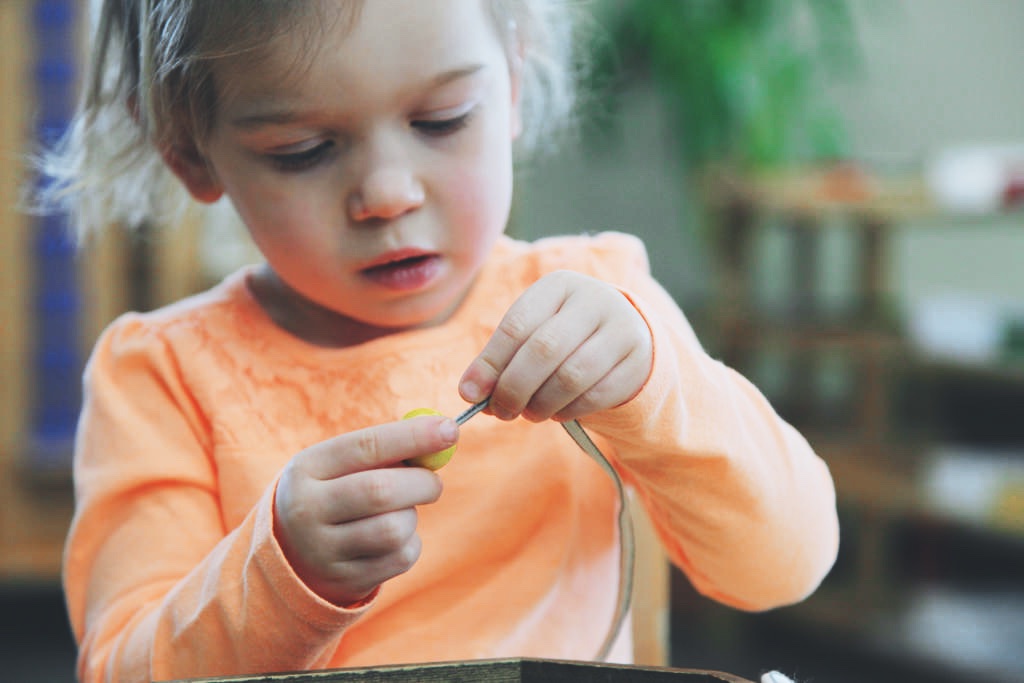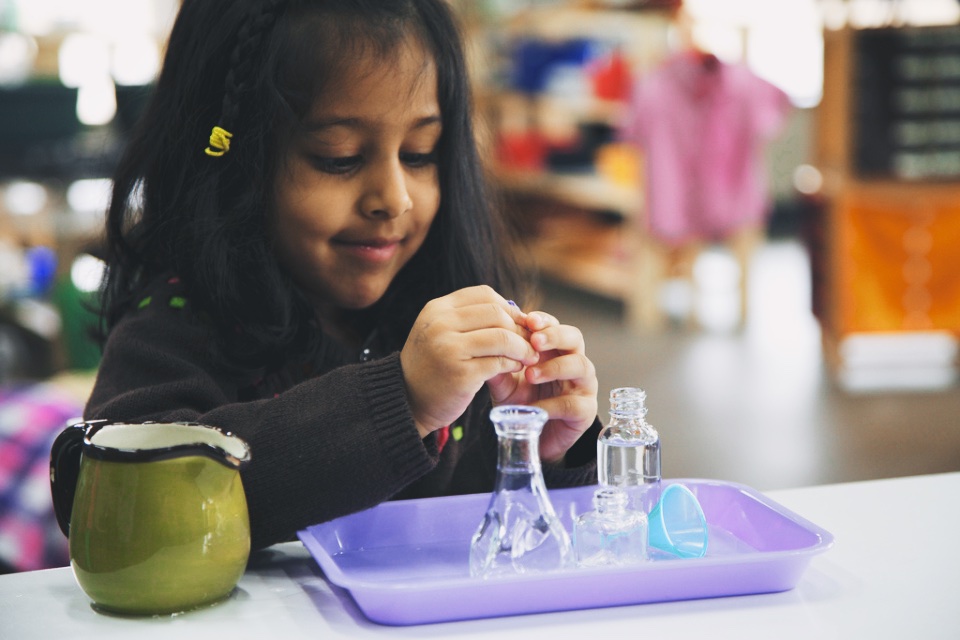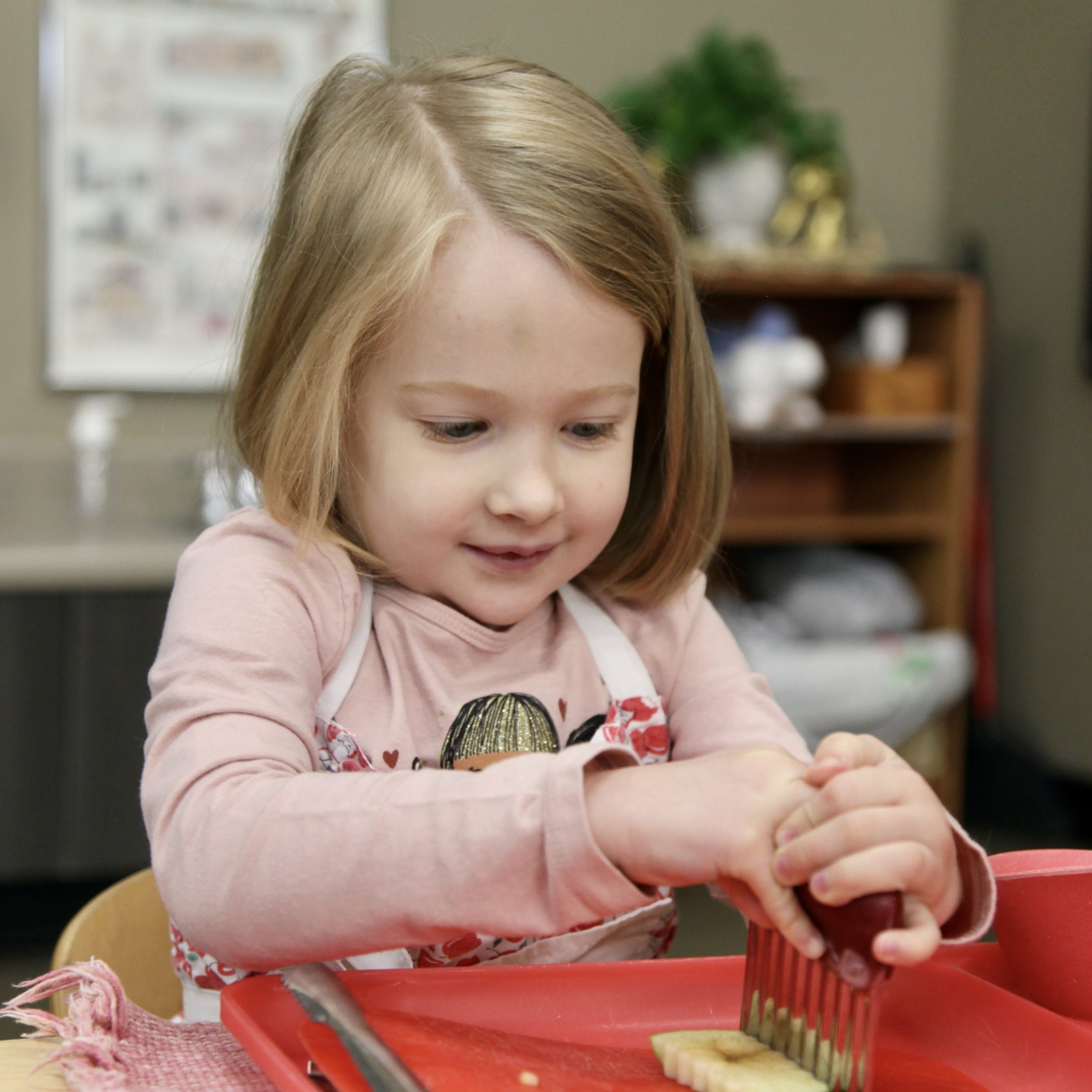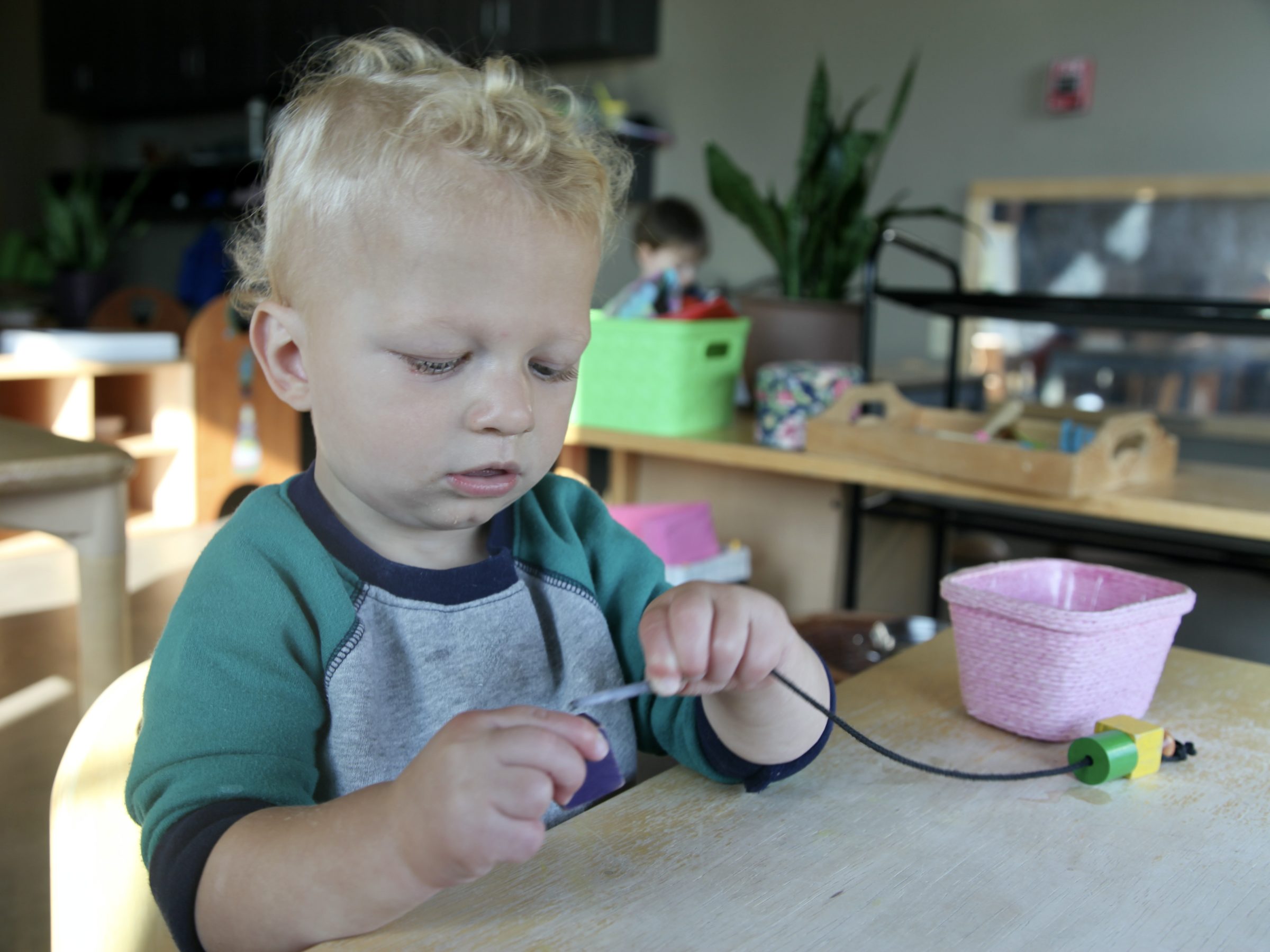How to Get Started
FAQ
We’re so glad that you’re interested in joining Baan Dek. In this post, we will address the most frequently asked questions, including how to start the admissions process, what programs are offered, and provide further explanations of the method, materials and areas of the classroom. Through videos, photos, and written explanations, we will also highlight many of the practical, as well as theoretical, applications of Montessori. Let’s get started.
ADMISSIONS PROCESS:
1. Tour
We recommend that you set up a time to meet with us. We’ll walk you through the classroom and introduce you to Montessori approach to education.
2. Observe
After the initial tour, we recommend that you schedule an appointment to observe the classroom in action. Montessori is one of those things that just needs to be seen.
3. Apply
If you decide that Baan Dek is the right fit for your family, we welcome you to submit an application. We’ll review it, and get back to you as soon as possible.
4. Meet the Teacher
The last step is to arrange a time for your child to come in and meet with their new teacher. This is a great way for your child to get familiar with their new environment.

MONTESSORI PROGRAMS
We currently offer one Assistance to Infancy, for children between the ages of eighteen-months to thirty-six months, and two Primary Montessori classrooms, for students three to six years old. Half-Day runs from 8:30 a.m. to 11:30 a.m., while Full-Day is from 8:30 a.m. to 3:30 p.m. We also offer Before & After Care, from 7:30 a.m to 6:00 p.m., which is available upon request. *Please note that Full-Day Montessori is required for students once they turn four and a half years old. In addition, five days a week is mandatory, as we believe that consistency is important at this early, formative age.
What is a Montessori classroom?
The Montessori classroom, or Prepared Environment, allows children the opportunity to explore their interests in a safe and supportive environment. The classroom nurtures exploration, discovery and accomplishment, as it strives to meet the individual needs of the children. Neat and orderly, the materials are carefully, meticulously displayed. The activities are designed to foster concentration, self-discipline and, most importantly, the confidence and independence for a life of learning. While academics are often the perceived focus, because they are so clearly identified and understood, a social dynamism underlies the entire classroom experience. As we like to say, social success leads to academic success. If children are happy, they’ll naturally want to learn.
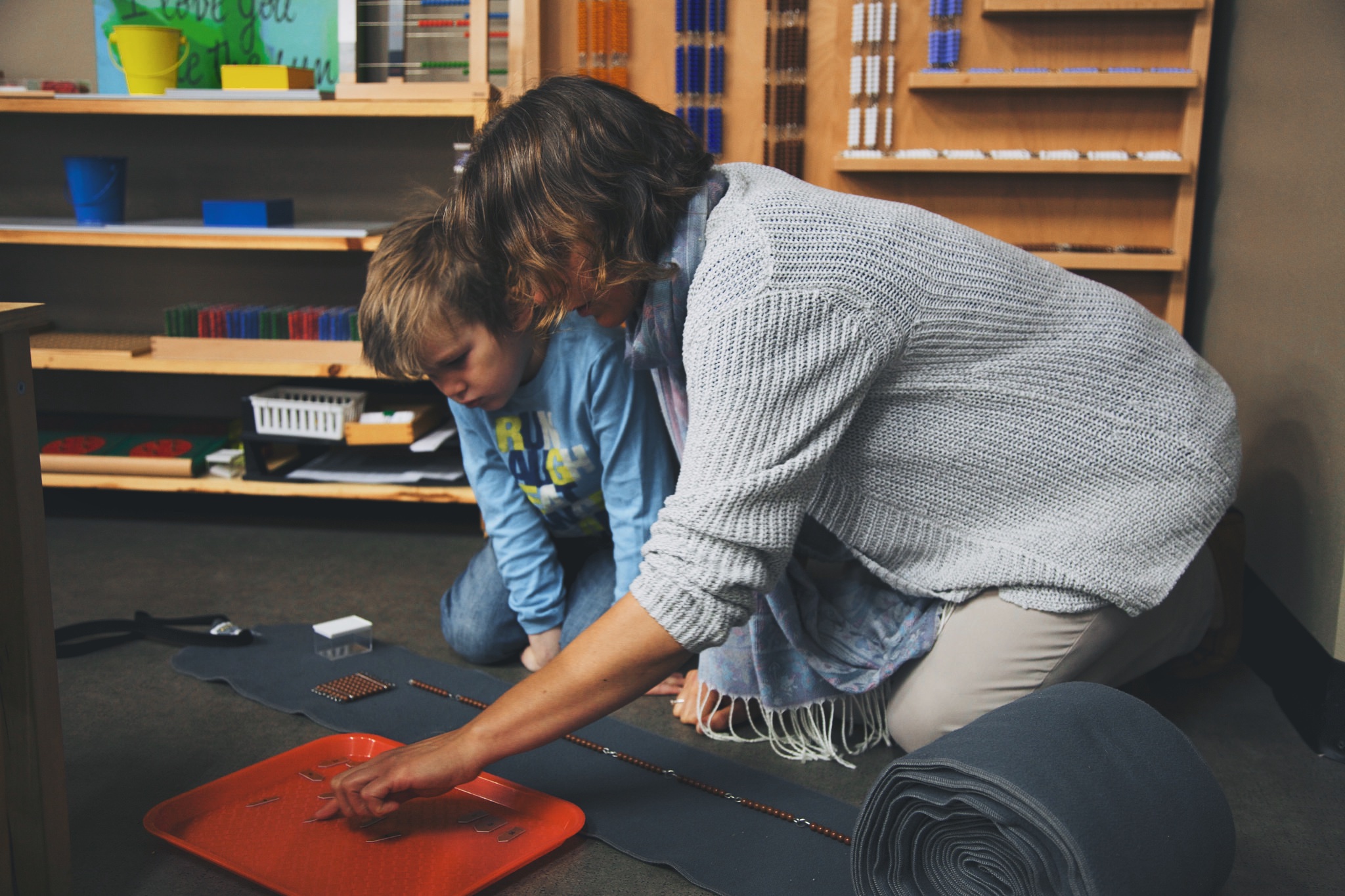
How are Montessori guides trained?
Montessori guides learn the principles and methods of the Montessori approach to education, both theoretically and with hands-on, practical, real-life experience, in accredited Association Montessori Internationale training centers throughout the world. In Montessori, teachers are referred to as guides, or directors and directresses, to emphasize the role of putting children in touch with their interests, as opposed to overt instruction. As Montessori says, our role is to “help them to help themselves”.
Who accredits Montessori schools?
As you explore Montessori schools, one of the most important things to consider is if the Montessori school you are interested in is certified and if the teachers are Montessori trained. Anyone can use the Montessori name so it is important to research the qualifications of the school. The Baan Dek Montessori is proud to be the first and only Association Montessori Internationale school, the organization founded by Montessori, in the history of the state of South Dakota.
Why Montessori?
Montessori education concentrates on the specific needs of the child. Children are taught on a one-on-one basis in a Prepared Environment, specially designed to meet the requirements, established by Maria Montessori. This shift in focus, from the traditional classroom model, helps to create a better sense of self for the children, both in terms of independence and self-discipline. Not only are the educational needs of the children met and nurtured, but also, and just as important in Montessori, their social development is enhanced in an environment of mixed-ages, predicated on openness and diversity.
Why Five Days a Week?
In the Montessori approach to education, consistency is extremely important in developing the child’s sense of order and responsibility. They truly feel as if the classroom is their second home and they desire to maintain and care for it. At this formative age, routine is of the utmost importance. The idea is that the more consistency now, the better the foundation for learning in the future. Often, the problems that arise later, such as lack of discipline and lack of concentration, are a direct result of the failure to provide a consistent basis for education.
Why a Three Year Commitment?
A three year commitment to Baan Dek is strongly encouraged to fully benefit from the experience. The Montessori classroom, with a mixed-age environment, was designed to have children participate in the various stages of development. When children first enter a Montessori classroom, they are effectively the youngest. They learn from their older peers, who model best practices, as they serve as role models, mentors and helpers, remembering what it was like to have once been the youngest. Having the opportunity to exercise leadership skills provides valuable life lessons.
Why Montessori for Kindergarten?
Montessori has been consistently acclaimed as one of the most developmentally appropriate models available in the world for early childhood and elementary education. The primary reason to keep your child in Montessori for Kindergarten is to complete this maturation process, from the youngest student in the classroom to the oldest student in the classroom. Not only will children have the opportunity to completely develop academically, they will also have the opportunity to grow socially. As Maria Montessori says, the child is like a flower that needs to be tended. Once it starts to bloom, it must continue to be stimulated and cared for, as it has been from the very start. Science continues to validate the procedures and methods Montessori invented and that have been in practice for over one hundred years.
What’s the difference between a daycare and a school?
A daycare is primarily set up to ensure the care of children. They aim to provide a safe environment where children are entertained, often with activities, crafts and exercises, until they can be picked up. Indirectly, daycare providers work to implement a curriculum. With schools, however, the primary role is to offer children a safe environment in which to learn, with a direct emphasis placed on education. The staff are typically required to meet certain academic qualifications, and have a specific knowledge or expertise of a field. As you try to make a decision of what is best for your child, it is extremely important to note the qualifications of the staff at the daycare or school that you are interested in.
Montessori and Traditional?
When we think of traditional education, we typically think of a form of an industrialized system, one that was created to maximize productivity by equipping students with the necessary tools needed to enter the work force. This system of education, often compared to a factory style of education, had one curriculum that served everyone, efficiently and productively. Students were evaluated by homework and tests, and those results were compared to a database of other students, by which they were measured. Needless to say, a certain time was allocated to each subject, with a prescriptive set of standardized instructions. When the bell sounded, it was time to shift gears.
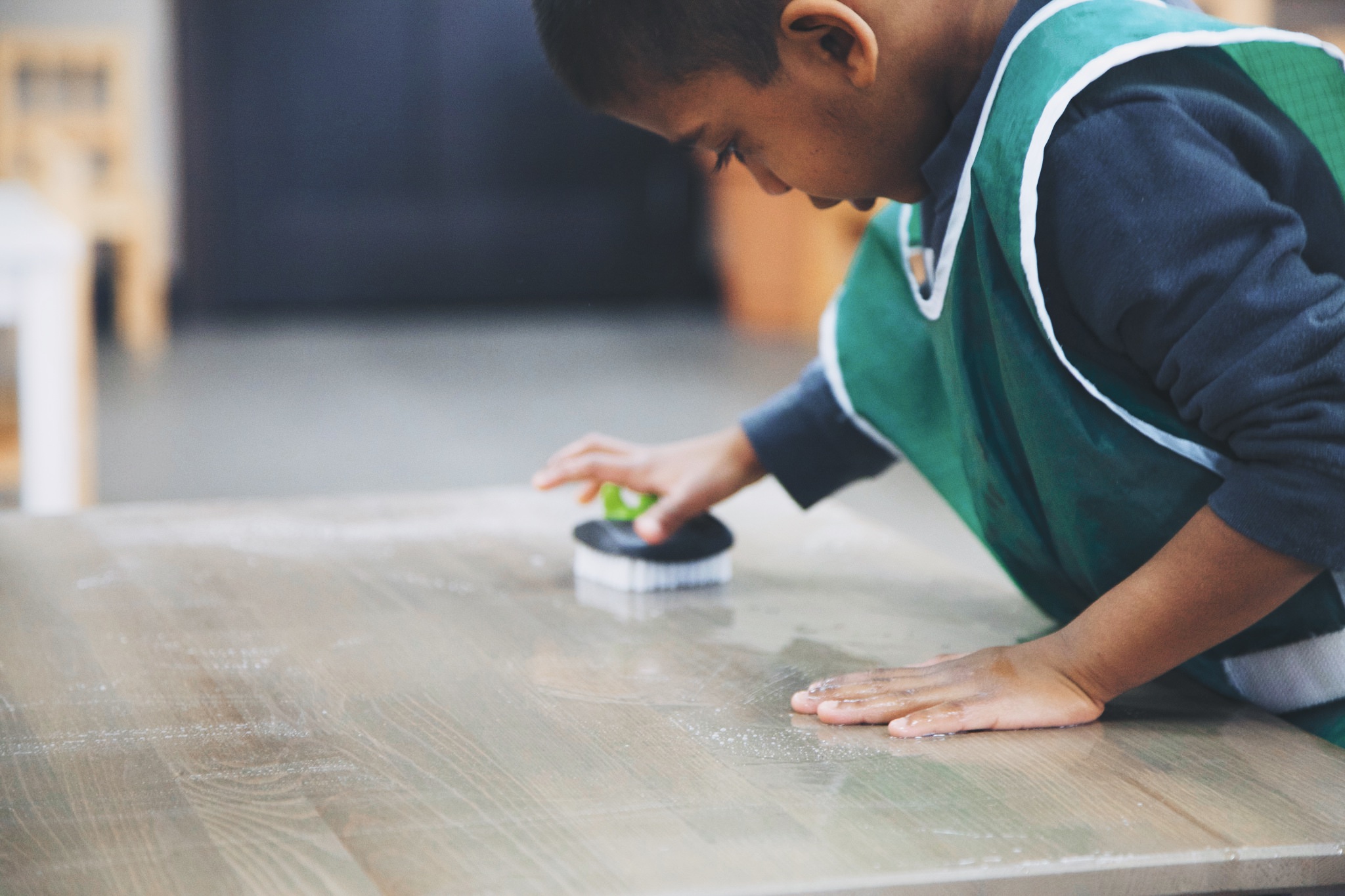
AREAS OF THE CLASSROOM
With Montessori, an entirely different approach to education was pioneered. Children are allowed to learn at their own pace, as they follow their own interests, in an environment that was created just for them. From architecture to activities, everything is personalized, specifically tailored to the individual needs of each and every student. Essentially, and to use a phrase, just because a child is three years old, doesn’t mean that they are just like every other three year old. Montessori acknowledges this fact, and intentionally created her system of learning to accommodate a wide range of interests and abilities, where progress is measured by the joy of learning.
PRACTICAL LIFE
In the Practical Life area, children work with familiar household activities that they see in everyday life, such as washing, sweeping, dusting, etc. These activities help the children to practice and perfect the skills they typically only see adults performing, but which hold such an interest for children, as well. By working in this area, children are not only gaining their essential life skills but they are also developing eye-hand coordination and the ability to concentrate for long periods of time, covering the duration of an activity. As a result of their achievements, they build self-confidence.
SENSORIAL
Children are keen observers, and as a result, extremely aware of the world. Through their senses, they are constantly exploring their environment. The sensorial materials challenge the children on a number of levels, most importantly, they encourage the children to engage with the elements of the world. Through sensorial exploration, these selected activities nourish and develop the senses, especially the ability to articulate, observe, and explore.
MATH
In the Children’s House, mathematical concepts are introduced to the children in a concrete form. By working with these materials, children grasp concrete materials and gradually form abstract concepts. This work provides them with a solid foundation for elemental principles used later in mathematical work. Montessori environments start with the basics and expand to the complexities of math, stretching to include addition, subtraction, multiplication and division. They also work happily with fractions, geometry, and powers and numbers, concepts typically understood to be too advanced for the young child.
LANGUAGE
In The Baan Dek Montessori children learn to find self expression. Freedom is offered in such a way as to create unique opportunities for them to engage with the world. Social skills are developed in conjunction with a vocabulary that is based on real experience. These tasks help prepare the children for reading and writing but also look beyond such basic skills into the pleasures of reading and writing, and the imagination and creation that is involved.
ARTS & CULTURE
One of the fundamental tenets to Montessori education is culture. Montessori students are well rounded because Montessori strives, above all else, to connect the child to the concrete, material world. Through various activities and materials, Montessori exposes children to the joys of culture. The Baan Dek Montessori constantly strive to expose our students to a wide range of cultural activities, which include music, film, geography, etc.
Written by:
Baan Dek
